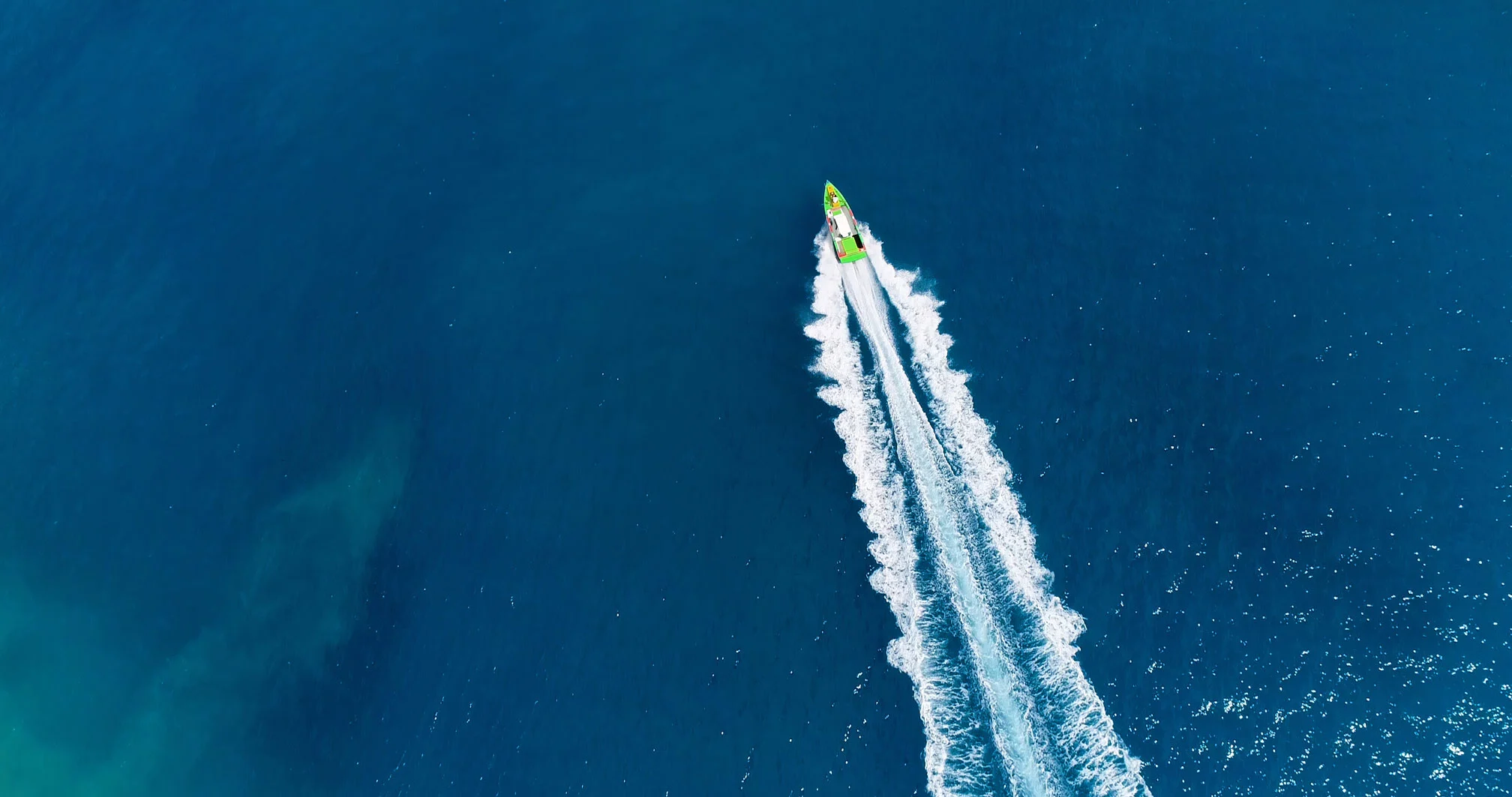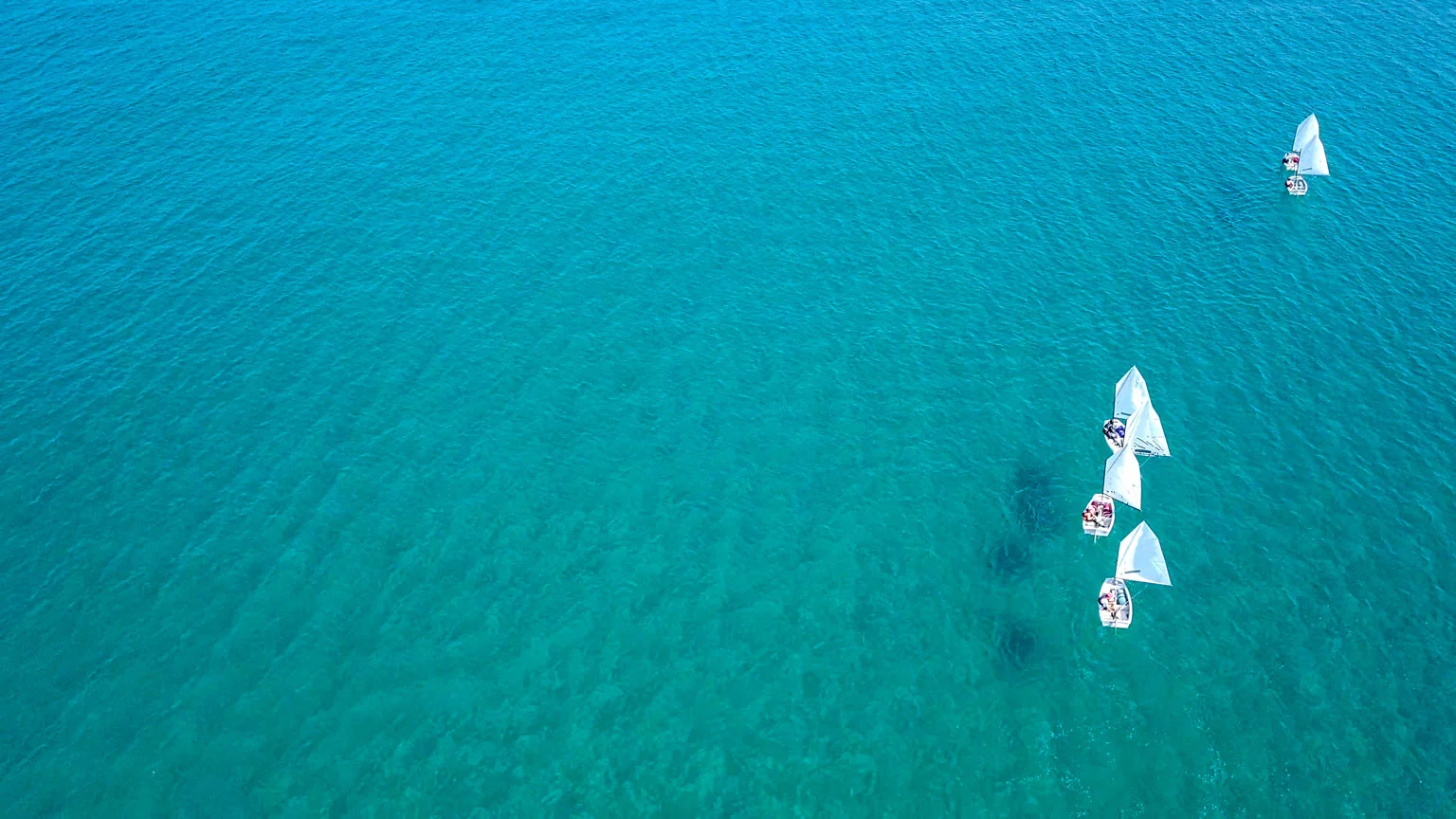Mind your manners: boating etiquette
Author: Michael Hiller | Date: 02.01.22 | 7 min Read
Boating etiquette is an important aspect of enjoying the waterways in Australia. It not only ensures the safety of all those on the water, but also helps to preserve the natural beauty of the area.
Follow the rules of the road
As a boat owner, it is your responsibility to follow the laws and rules in place for boating in Australia. Not only will this ensure the safety of yourself and others on the water, but it will also help to preserve the natural beauty of our waterways. One of the most important laws to follow is the Navigation Act 2012. This act outlines the rules of the road for boating, including giving way to other vessels, maintaining a safe speed, and using proper signals when turning or changing course. It is important to familiarise yourself with these rules and follow them at all times while on the water.
In addition to the Navigation Act, there are also specific laws in place for different types of boats and activities. For example, there are different rules for personal watercraft (such as jet skis) and Sailing craft, as well as different rules for fishing and water skiing. It is important to research and understand the specific laws that apply to your vessel and activities.
Another important aspect of following the laws and rules in boating is ensuring that your vessel is in good working condition. This includes having the proper safety equipment on board, such as life jackets, a first aid kit, and a fire extinguisher. It is also important to regularly maintain and service your boat to ensure it is operating safely.
By following the laws and rules in place for boating in Australia, you can ensure a safe and enjoyable experience on the water for yourself and others.

It is your responsibility to follow the laws and rules in place for boating in Australia
Respect Other Boats
Boating is a popular pastime in Australia, with many people enjoying the beauty and relaxation of being on the water. However, it's important to remember that we share the waterways with others and it's crucial to respect the rights of other boat owners. One of the most important ways to respect other boats is to give them plenty of space. When passing another boat, it's important to leave a safe distance between the two vessels. This not only helps to prevent collisions, but it also allows the other boat to navigate comfortably and safely.

It's important to remember that we share the waterways
Another way to respect other boats is to avoid creating large wakes. A wake is the disturbance caused by a boat moving through the water, and it can cause damage to other boats, especially smaller ones. To prevent this, try to maintain a steady speed and avoid sudden changes in course. It's also important to be mindful of noise levels when boating. Loud music or excessive noise can be disturbing to other boats and wildlife in the area, so keep the volume down and be respectful of your surroundings.
Here are a few more additional tips for showing respect to other boats on the water in Australia:
- Avoid cutting off or obstructing the path of other boats
- Do not engage in reckless or dangerous behavior that could put other boats at risk
- Use proper lighting at night to make your boat visible to others
- Respect the natural habitats of wildlife
By following these simple recommendations, you can help create a positive and respectful boating culture in Australia.

Avoid creating large wakes
Follow All Safety Guidelines
It is important to always follow safety guidelines to ensure the safety of everyone on board and to prevent accidents. In Australia, there are specific safety guidelines that all boat owners and operators must follow. These include wearing a life jacket at all times, keeping a first aid kit on board, and making sure the vessel is in good working condition. It is also important to have an emergency plan in place in case of any unforeseen circumstances. This may include having a VHF radio to communicate with other boats or authorities, carrying flares to signal for help, and having a man overboard recovery system in place.
Do you want to read more?
Check out these popular articles:
Like What You Have Read? Share It With A Friend
WANT TO KNOW MORE
Commodo consequat. Duis aute irure dolor in reprehenderit in uienply voluptate velit esse cillum dolore eu fugiat nulla pariatur.
Explore Blog categories
Want to receive the latest news and boating advice?
We offer a convenient newsletter subscription service that delivers the latest updates to your inbox. To sign up, visit our website and enter your email address in the subscription box. It's quick, easy, and free, and you'll be the first to know about any new products or services we offer
Thanks for signing up!